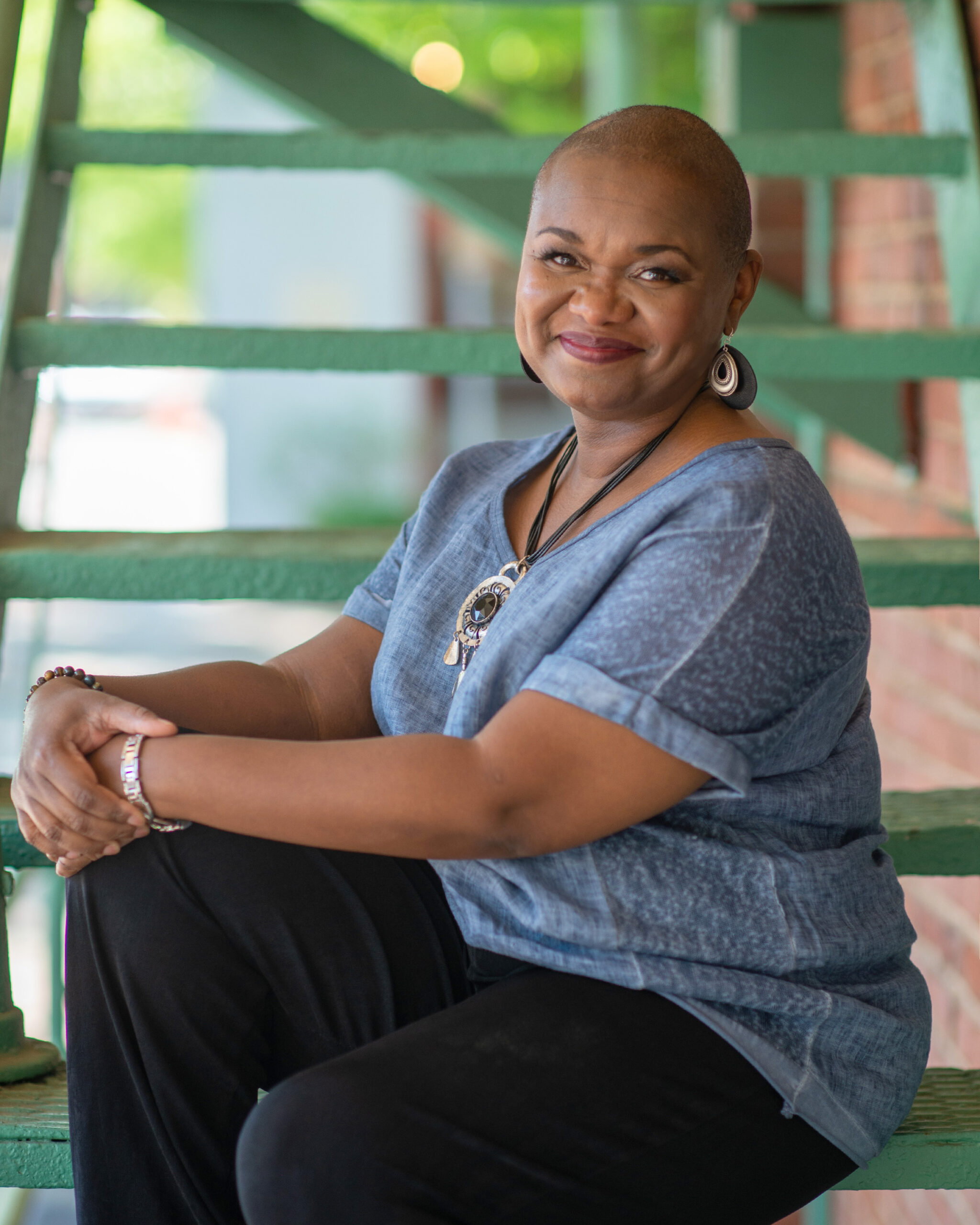We are taught to always think of others first.
We are taught that focusing on ourselves is self-centered and inconsiderate.
We need to be taught, though, that it is okay to practice self-compassion. In fact, it is more than okay. It is necessary. When we are coping with a major life event, especially, self-compassion may be the key to getting us back on track.
What is self-compassion? Think about a time when a friend has gone through an emotional challenge, perhaps because of a divorce or death in the family. How did you treat her? Did you offer condolences, kindness, a shoulder to cry on? You may have sat with her and just listened. You did not judge. You did not lecture. You were compassionate.
Now think about the last time you went through an emotional challenge. How did you treat yourself? Did you beat yourself up, emotionally? Did you question what you were doing? Did you neglect your own emotions completely and turn your energies toward trying to do your work even though you had not healed yet? How did that work out for you?
As a healthcare leader, as a mother, as a friend, you may be pulled in many different directions. The one direction you probably don’t focus on much is yourself. Particularly after you’ve experienced a major life event, you need to stop and take the time to have some compassion for yourself.
How do you do that? Kristin Neff, Ph.D., associate professor in human development at the University of Texas at Austin, suggests that there are three components to self-compassion, as described in a recent PsychCentral article:
- Self-kindness: Being kind, gentle and understanding with yourself when you’re suffering.
- Common humanity: Realizing that you’re not alone in your struggles. When we’re struggling, we tend to feel especially isolated. We think we’re the only ones to experience loss, make mistakes, feel rejected or fail. But it’s these very struggles that are part of our shared experience as humans.
- Mindfulness: Observing life as it is, without being judgemental or suppressing your thoughts and feelings.
Take the time after a major life event to take care of yourself, before trying to take care of others. Practice talking to yourself as you would a friend in need. Focus on positive thoughts. Tell yourself it’s okay to feel compassion for yourself.
 Marcelletta teaches others how to enjoy life at work and at home because we only have one life to live. For more information on authentic self-care and ideas click here to join our free Self-Care for Nurses Facebook group: bit.ly/2rbAnOf.
Marcelletta teaches others how to enjoy life at work and at home because we only have one life to live. For more information on authentic self-care and ideas click here to join our free Self-Care for Nurses Facebook group: bit.ly/2rbAnOf.



0 Comments